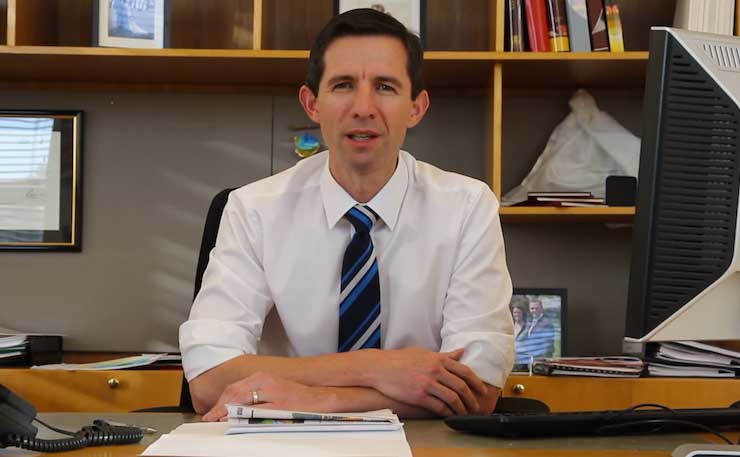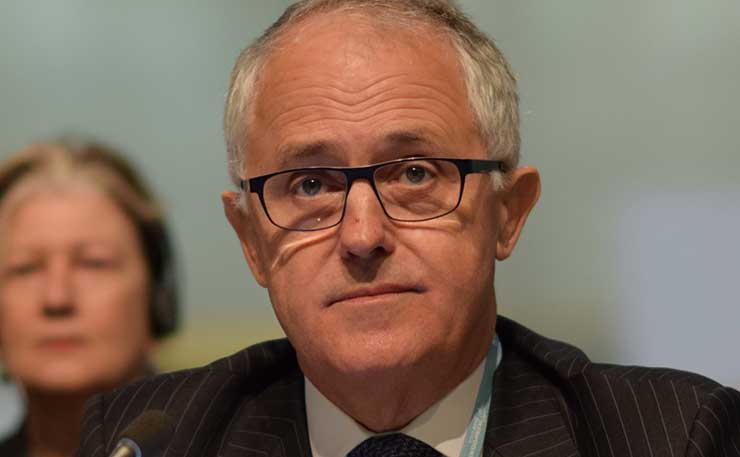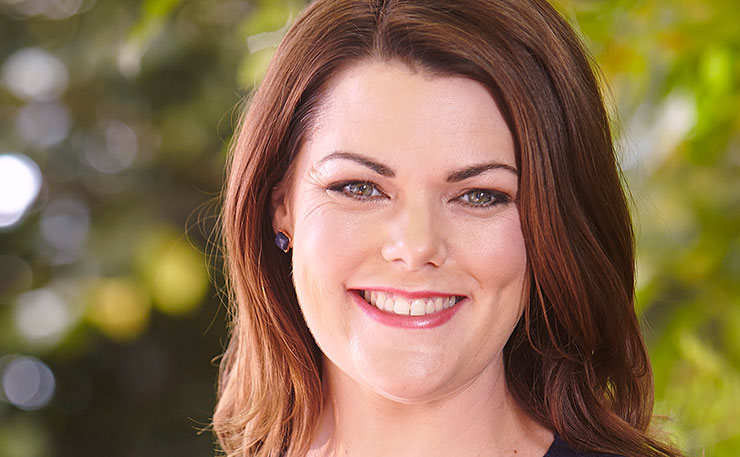The Turnbull Government’s slashing of the higher education budget will impact disproportionately on poorer students, writes Senator Sarah Hanson-Young.
This year, 10,000 high school graduates could be denied a place at university, thanks to the Turnbull Government’s budget cuts.
Malcolm Turnbull points to our swollen drop-out rate as proof that universities are enrolling too many students, prioritising revenue over results.
It’s how he’s justifying his $2.2 billion cuts to universities, which the Grattan Institute has called the effective end of the demand-driven system of education.
The term ‘demand-driven system’ sounds wonky, but it’s basically the idea that the amount of places for undergraduate students shouldn’t be capped. It’s underpinned by the belief that entry to university should be determined by your marks, not your bank balance.
And so, without a vote from the parliament, and without a mandate from the public, federal Minister for Education Simon Birmingham and Malcolm Turnbull are tearing up the greatest reform in the last generation of higher education policy.

It’s true that students are dropping out in record numbers. But Malcolm Turnbull is wrong as to why. It’s not because universities are taking in too many people – it’s because too many people can’t afford to go.
The statistics on this are clear: the poorer you are, the more likely you are to drop out. If you work part-time, you’re more likely to drop out. If you’re poor, you’re more likely to drop out. If you’re both from a poor family and you’re working to support your studies, your drop-out rate is a staggering 54 per cent.
In other words, if you meet a student from a disadvantaged background who’s working part-time to cover the cost of study, bet against them.
It’s no secret why this is happening. If your parents are rich, they can afford to cover your living costs while you’re studying. They can cover your bills and your rent. You’re left to focus on being a student.
If your parents aren’t as well-off, you’re on your own. You don’t get to go to as many classes, because you’re on the bus to work. You don’t get to spend as much time preparing for exams, because nobody’s available to cover your shift.

Two-thirds of students live in poverty. Our drop-out rate is a symptom of that statistic.
These cuts make it harder to get in, and do nothing to help students stay in.
Youth allowance gives students $32 a day to pay for their food, textbooks, supplies, rent, transport, bills and health. That’s half what we give pensioners, and we don’t give pensioners enough.
Two-thirds of the jobs created in 2020 will need a degree. Today’s university students are trying to prepare themselves for a future that’s right around the corner. Most of them don’t have rich parents. Why are we pricing them out of the future jobs market?
And what happens if we succeed? The same people who are complaining about the cost of supporting people without jobs are the same ones complaining about the cost of training people to create the jobs of the future. These are the ones who want you to think they’re responsible economic managers, by the way.
If the only way to afford to live as a student is to be born to wealthy parents, then the potential for education to transform lives, economies and communities is kneecapped. We’ve got a policy that forces students into poverty and we are making ourselves poorer for it.
We focus a lot on the affordability of a university course. Rightly so. Graduating with a crippling debt is an unfair and unsustainable burden.
Everyone who wants an education, who is willing to work for it, should be able to achieve it. That’s a value that we have long cherished. This cut weakens our hold on it.
The cost of being a student can’t be so high that the only way to make it through is to be born into the right family.
University should enable talent to flourish, regardless of where it’s found. Without a vote, without a mandate, we’re sleepwalking into a future where a student’s merit matters less than their money.
Donate To New Matilda
New Matilda is a small, independent media outlet. We survive through reader contributions, and never losing a lawsuit. If you got something from this article, giving something back helps us to continue speaking truth to power. Every little bit counts.




